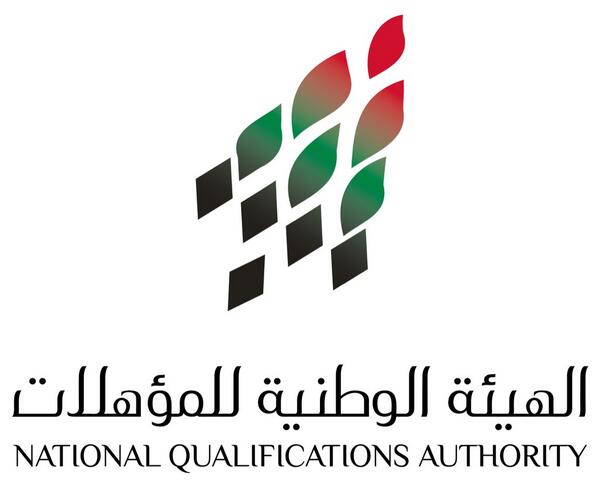
The National
Qualifications Authority (NQA) has put the Qualifications Framework for the
Emirates Handbook into circulation at ministries and educational and training
institutes; this circular is the culmination of the Authority’s diligent work
in setting and developing unified controls and standards for qualifications in
the State in coordination with the concerned sectors.
His Excellency Dr.
Thani Al Muhairi, Director General of the NQA, pointed out that this policy is
the outcome of coordination and common vision between the Authority and the
various national bodies responsible for the education and training sector,
including the Ministry of Presidential Affairs, the UAE Armed Forces, the
Ministry of Higher Education and Scientific Research, the Ministry of Education,
Knowledge and Human Development Authority, Abu Dhabi Education Council, and Abu
Dhabi Center for Technical and Vocational Education and Training, and thus, it will
be a tool to raise the profile of the UAE education and training sector on the
national and international levels, and to also maintain the reputation of many
educational and national training institutions.
He added that the
guide, which was prepared in English and Arabic, is a scientific and practical
methodology through which the technical staff and the faculty in institutions
of public, higher, and vocational education, including, institutions, colleges
and universities, as well as technical training institutions, identify the type
of qualification and the number of credit hours associated with it, and how to
formulate the name, in accordance with the standards and requirements of the structure
of the qualifications framework, and therefore, they will work to achieve consistency
in the names of qualifications at the national level, which would contribute to
facilitating the transition process between the different educational paths,
and achieving national and international recognition of qualifications issued
by the accredited educational and training institutions.
This policy and its
procedures will help the economy sectors, the labor market institutions, and
employment institutions achieve a unified reading of the qualification, its
level, and its content for the target sector.
Dr. Al Muhairi said
in a statement on this occasion that the policy and procedures guide identified
three types of accredited qualifications in the structure of the qualifications
framework: main qualifications such as
diploma and bachelor, and subsidiary qualifications, which represent a diverse
and identical knowledge, skills and competencies, acquired by an individual
after the end of the course or educational or training program, but not enough
to be main qualifications, however, they can be built upon to obtain the main
qualification.
As for the third
type of qualifications, it is the support qualification, which represents a
small group of the learning outcomes that can be obtained for the purposes of
career development, or to renew and update knowledge and skills, or because
they are part of the requirements of the work environment, such as a
specialized course in environmental health and safety.
Dr. Al Muhairi said
that the credit hours to obtain the academic diploma have been identified with
at least 60 credit hours, and about 80 credit hours to receive vocational
diploma containing field application.
14/07/2014